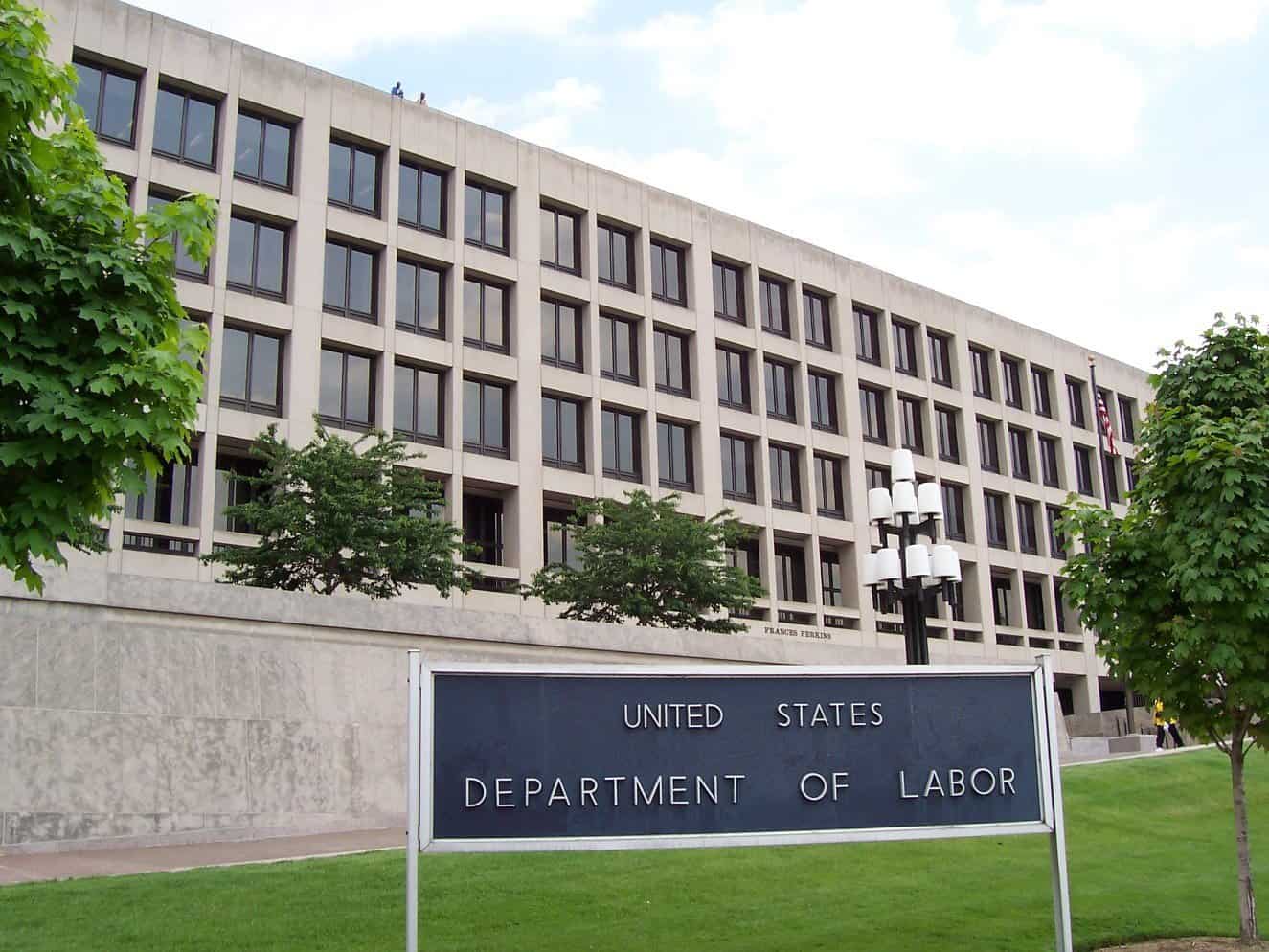Alisha Jarwala is a student at Harvard Law School and a member of the Labor and Employment Lab.
Attorneys for five news outlets have asked the Department of Labor to withdraw its plan to restrict journalists from accessing economic reports in advance of publication. In January, the DOL announced that it would ban computers from the secure room where journalists have traditionally been given early access to economic data, including nationwide employment figures. Bloomberg News, the Associated Press, Dow Jones & Co., Market News, and Reuters argue that this ban will delay news organizations from filing news stories in a timely way and prevent them from being able to seek clarification from government officials before stories are published. The news outlets also said in their letter that the DOL failed to give public notice and get comments on the plan, which would “result in an unconstitutional limitation on the media’s First Amendment protected right to newsgathering and dissemination.”
In other DOL news, Bloomberg reports that the Department’s union watchdog office has “added a pair of aides who have a history of advocating against organized labor.” Rusty Brown, who was hired as a policy adviser, was involved in a campaign to decertify a union representing 27,000 home care workers in Minnesota. Trey Kovacs, hired as a special assistant, has long urged the DOL to treat worker centers as labor unions by increasing oversight and requiring more detailed financial reports.
The Electronic Privacy Information Center (EPIC) filed a petition on Monday asking the Federal Trade Commission (FTC) to regulate the use of artificial intelligence in pre-employment screenings. Forbes reports that EPIC is alleging that HireVue, a provider of artificial intelligence screenings, is “flouting national and international standards of transparency, fairness and accountability.” EPIC argues that HireVue’s use of facial recognition technology and secret algorithms are unfair and deceptive trade practices—the standards are opaque and cannot be challenged by job applicants.
Finally, in a piece for The Atlantic, Yale Law School professor Daniel Markovits discusses the consequences of the rise of management consulting on American businesses and American workers. He notes: “Technocratic management, no matter how brilliant, cannot unwind the structural inequalities that are dismantling the American middle class.”






Daily News & Commentary
Start your day with our roundup of the latest labor developments. See all
July 14
More circuits weigh in on two-step certification; Uber challengers Seattle deactivation ordinance.
July 13
APWU and USPS ratify a new contract, ICE barred from racial profiling in Los Angeles, and the fight continues over the dismantling of NIOSH
July 11
Regional director orders election without Board quorum; 9th Circuit pauses injunction on Executive Order; Driverless car legislation in Massachusetts
July 10
Wisconsin Supreme Court holds UW Health nurses are not covered by Wisconsin’s Labor Peace Act; a district judge denies the request to stay an injunction pending appeal; the NFLPA appeals an arbitration decision.
July 9
the Supreme Court allows Trump to proceed with mass firings; Secretary of Agriculture suggests Medicaid recipients replace deported migrant farmworkers; DHS ends TPS for Nicaragua and Honduras
July 8
In today’s news and commentary, Apple wins at the Fifth Circuit against the NLRB, Florida enacts a noncompete-friendly law, and complications with the No Tax on Tips in the Big Beautiful Bill. Apple won an appeal overturning a National Labor Relations Board (NLRB) decision that the company violated labor law by coercively questioning an employee […]